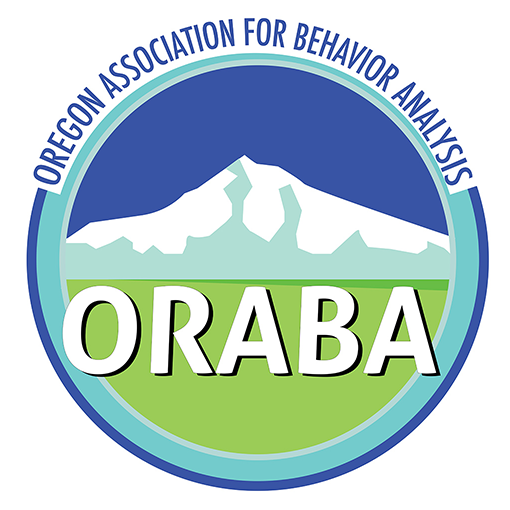Oregon Association for Behavior Analysis Position Statement on the Use of Electric Shock in Treatment of Individuals with DisabilitiesContingent electric skin shock (CESS) is an unnecessary tactic with possible long term harmful physical and emotional effects (Zarcone, et al. 2020). The use of contingent electric skin shock is inconsistent with the ethics rules of Applied Behavior Analysis and is outside of the scope of the practice of behavior analysis (BACB, 2020). We believe that the treatment of individuals with developmental disabilities should be guided by the following principles:
CESS does not align with the Behavior Analysts Code of Ethics (BACB, 2022). Our ethics standards require behavior analysts to engage in the following professional ethical behaviors:
Further, we recognize that CESS has been banned by the Food and Drug Administration (FDA) (Federal Register, 2020) and is not a regular part of the training of behavior analysts (BACB, 2017). We recognize the use of CESS to be outside of the scope of behavior analysis and only to be administered under the supervision of a medical professional in a medical setting. There is evidence that these treatments have the potential for long term harmful physical and emotional effects as cited in research (Zarcone, et al. 2020) and through the collected stories and testimonials from individuals and families who have undergone such treatment (Brown, 2021). We do not support the dissemination of information about CESS within the behavior analytic professional community. As an affiliate chapter of ABAI, we request the following actions to be taken by ABAI.
State associations such as ours look to ABAI for moral and ethical leadership. However, we believe that ABAI has gotten this one wrong. Many organizations are taking a clear stand against contingent electric skin shock. We are hopeful that ABAI will join us in our efforts to protect humanity and encourage ethical advancement of behavior science. References: Brown, Lydia. Living Archive & Repository on the Judge Rotenberg Center’s Abuses, last updated Feb 2021, https://autistichoya.net/judge-rotenberg-center/ Behavior Analyst Certification Board. (2017). BCBA/BCaBA task list (5th ed.). Littleton, CO: Author Behavior Analyst Certification Board. (2020). Ethics code for behavior analysts. Littleton, CO: Author. Federal Register (2020). 21 CFR Parts 882 and 895: 85 FR 13312: Banned Devices; Electrical Stimulation Devices for Self-Injurious or Aggressive Behavior (2020): A Rule by the Food and Drug Administration, Docket No. FDA-2016-N-1111, 2020-04328, 85 (45), 13312-13354. Zarcone, J. R., Mullane, M. P., Langdon, P. E., & Brown, I. (2020). Contingent Electric Shock as a Treatment for Challenging Behavior for People with Intellectual and Developmental Disabilities: Support for the IASSIDD Policy Statement Opposing Its Use [https://doi.org/10.1111/jppi.12342]. Journal of Policy and Practice in Intellectual Disabilities,17(4), 291-296. https://doi.org/https://doi.org/10.1111/jppi.12342 |


